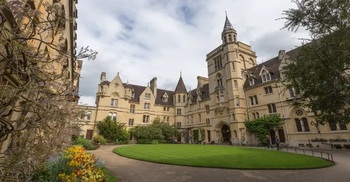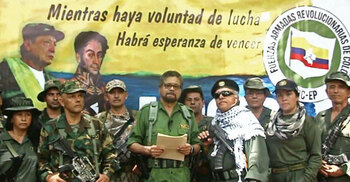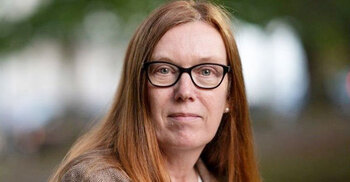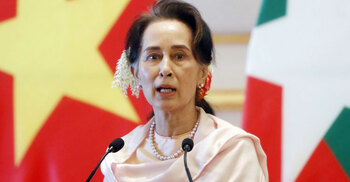Brutal mob killing of Sri Lankan sparks protests
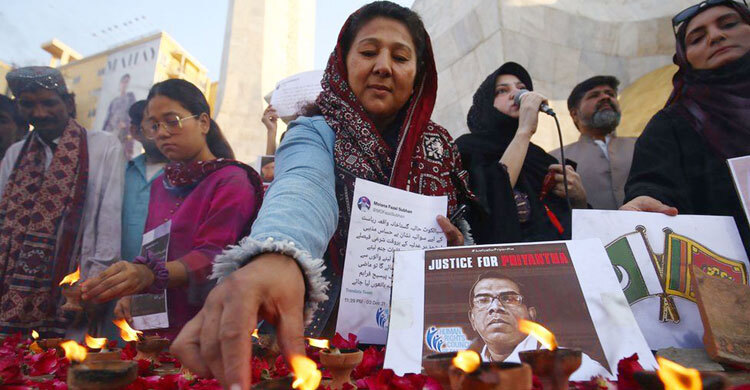
A brutal mob killing of a Sri Lankan man accused of blasphemy in Pakistan has sparked protests in both countries, with Pakistan's leader condemning the vigilante violence, reports BBC.
Priyantha Diyawadanage, 48, a factory manager in the city of Sialkot, was beaten to death on Friday and his body set alight, reports BBC.
More than 100 people have been arrested so far, said Pakistan PM Imran Khan.
He has described the incident as a "day of shame" for his country.
The victim's family in Sri Lanka have told the BBC they are in despair.
His wife, Nilushi Dissanayaka, called on both Pakistan and Sri Lanka's governments to conduct a full investigation to "bring justice to my husband and my two children".
"I saw that he was being attacked on the internet... it was so inhumane," she said.
Videos of the lynching proliferated across social media over the weekend, and showed scenes of the incensed crowd dragging Mr Diyawadanage from his workplace and beating him to death.
They then burnt his body, and several people in the crowd were seen taking selfies with his corpse.
What led to the mob violence?
The violence had begun after rumours spread that Mr Diyawadanage had allegedly committed a blasphemous action, in tearing down posters of the Prophet Muhammad, local police chiefs said.
But a colleague, who rushed to the site in a bid to save him, told the Associated Press of Pakistan that Mr Diyawadanage had only removed the posters as the building was about to be cleaned.
His wife has also refuted the blasphemy claim.
"I totally reject reports that said my husband tore down posters in the factory. He was an innocent man," she told the BBC.
"He was very much aware of the living conditions in Pakistan. It is a Muslim country. He knew what he should not do there and that's how he managed to work there for eleven years."
Blasphemy is a highly charged crime in Pakistan, where even unfounded accusations can incite protests and mob violence against alleged perpetrators. Human rights critics have long argued that minorities are often the target of accusations.
The scale of the vicious killing on Friday - involving hundreds of people - has shocked the nation and sparked vigils.
Prime Minister Imran Khan condemned the "horrific vigilante attack" and vowed that "all those responsible will be punished with the full severity of the law".
He said he had also spoken with Sri Lankan president Gotabaya Rajapaksa "to convey our nation's anger and shame to the people of Sri Lanka."
Sri Lankan authorities have yet to comment fully on the case, fearing potential unrest and retribution against Muslim communities locally.
Mr Diyawadanage's body is due to be returned to Sri Lanka on Monday, and some expect protests to be held in the capital Colombo.


